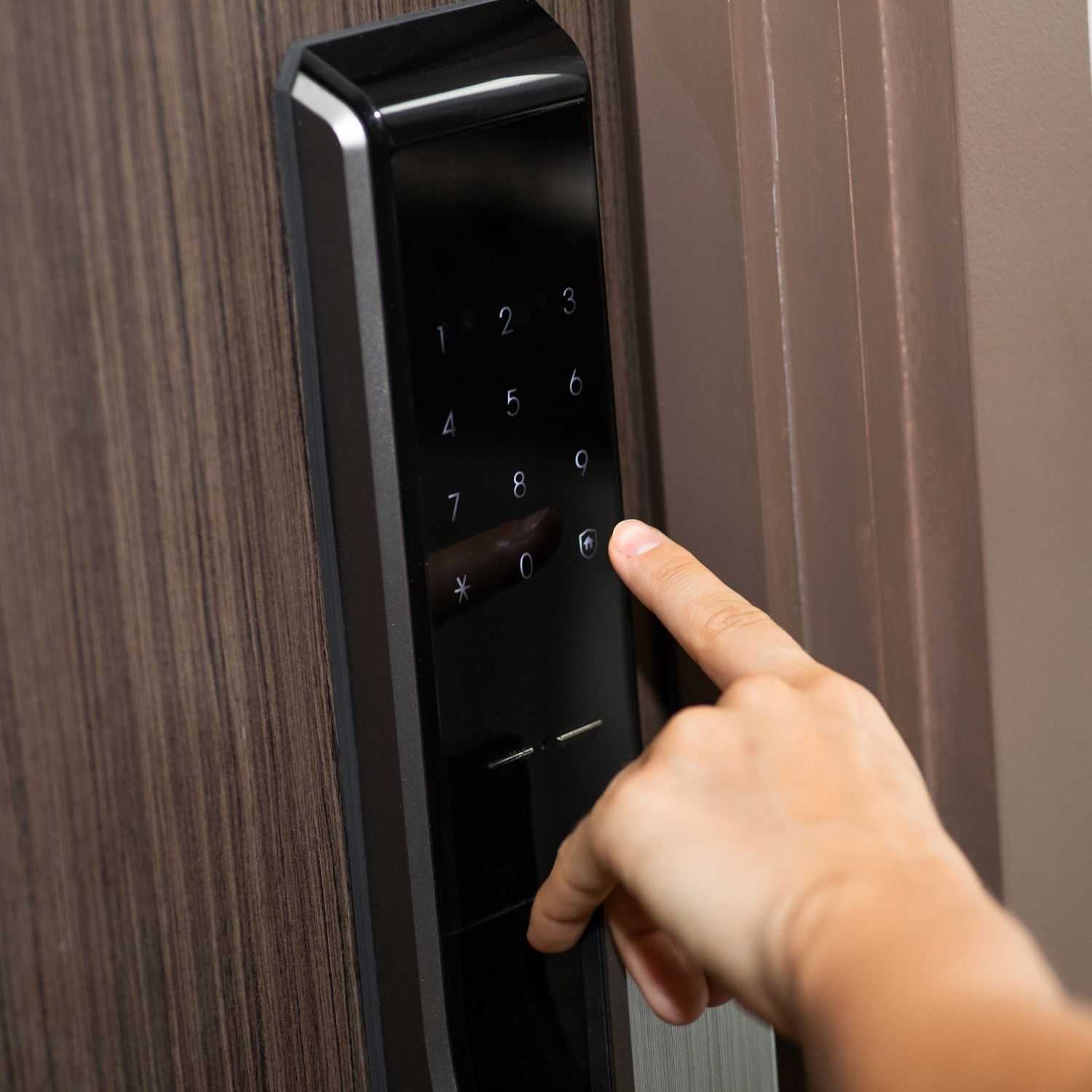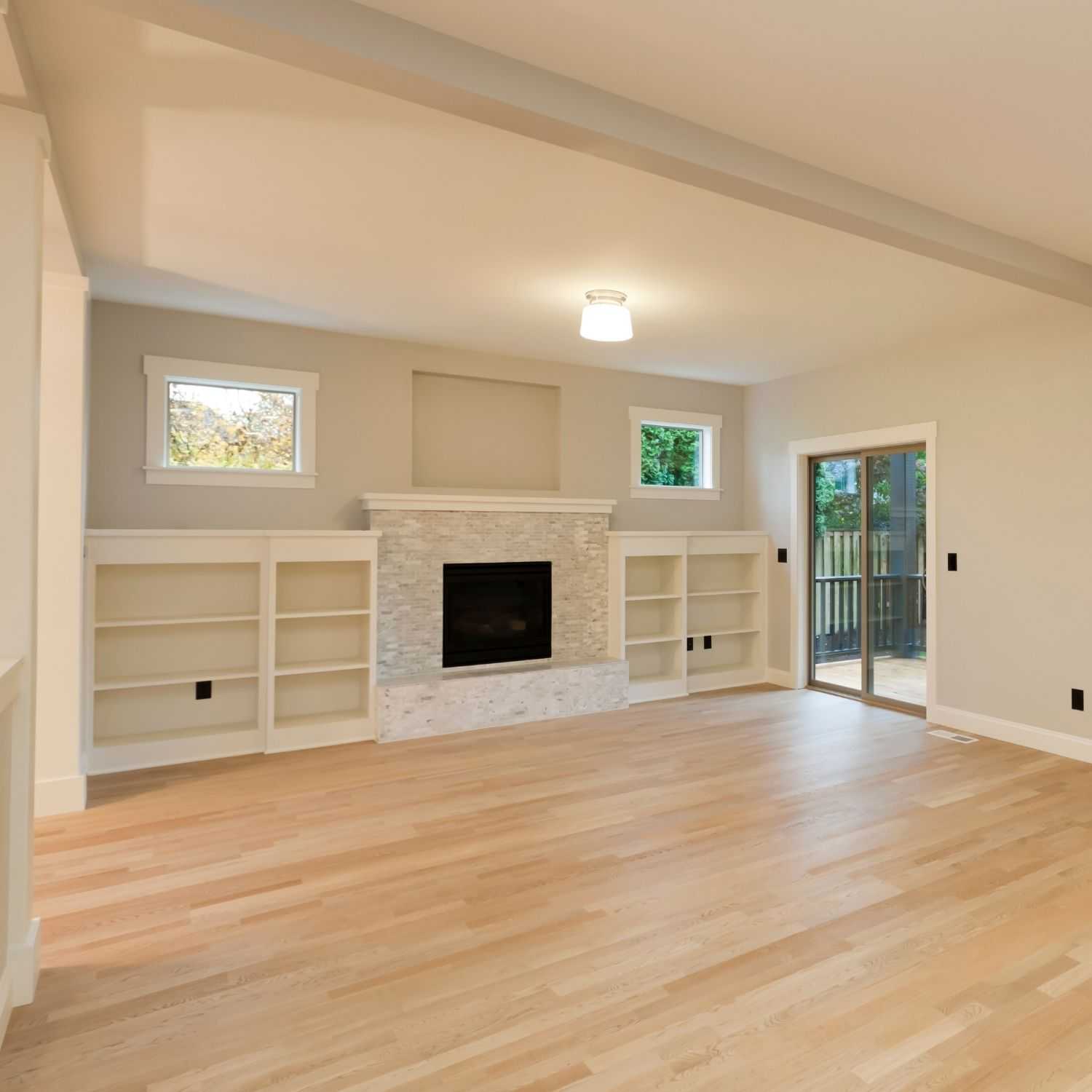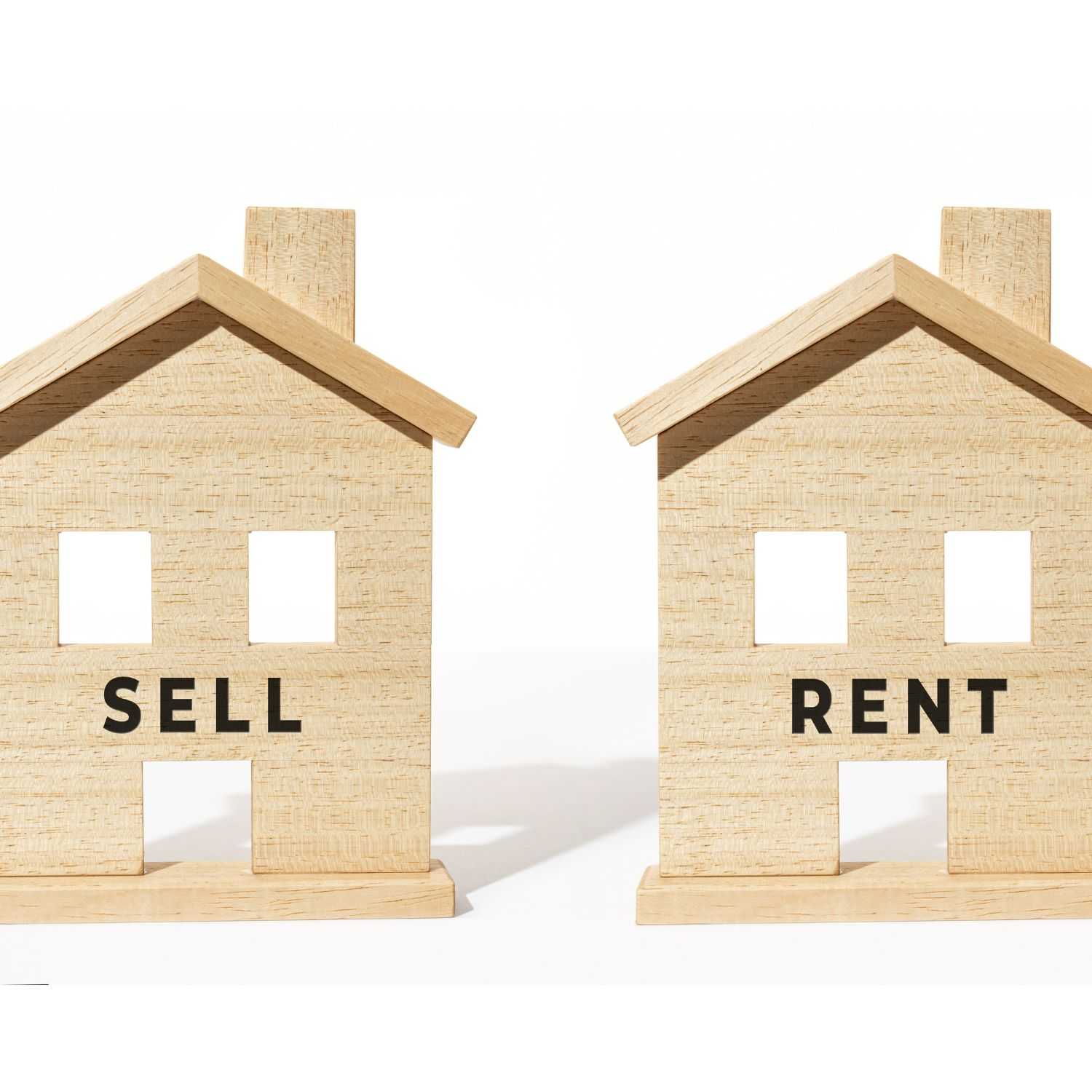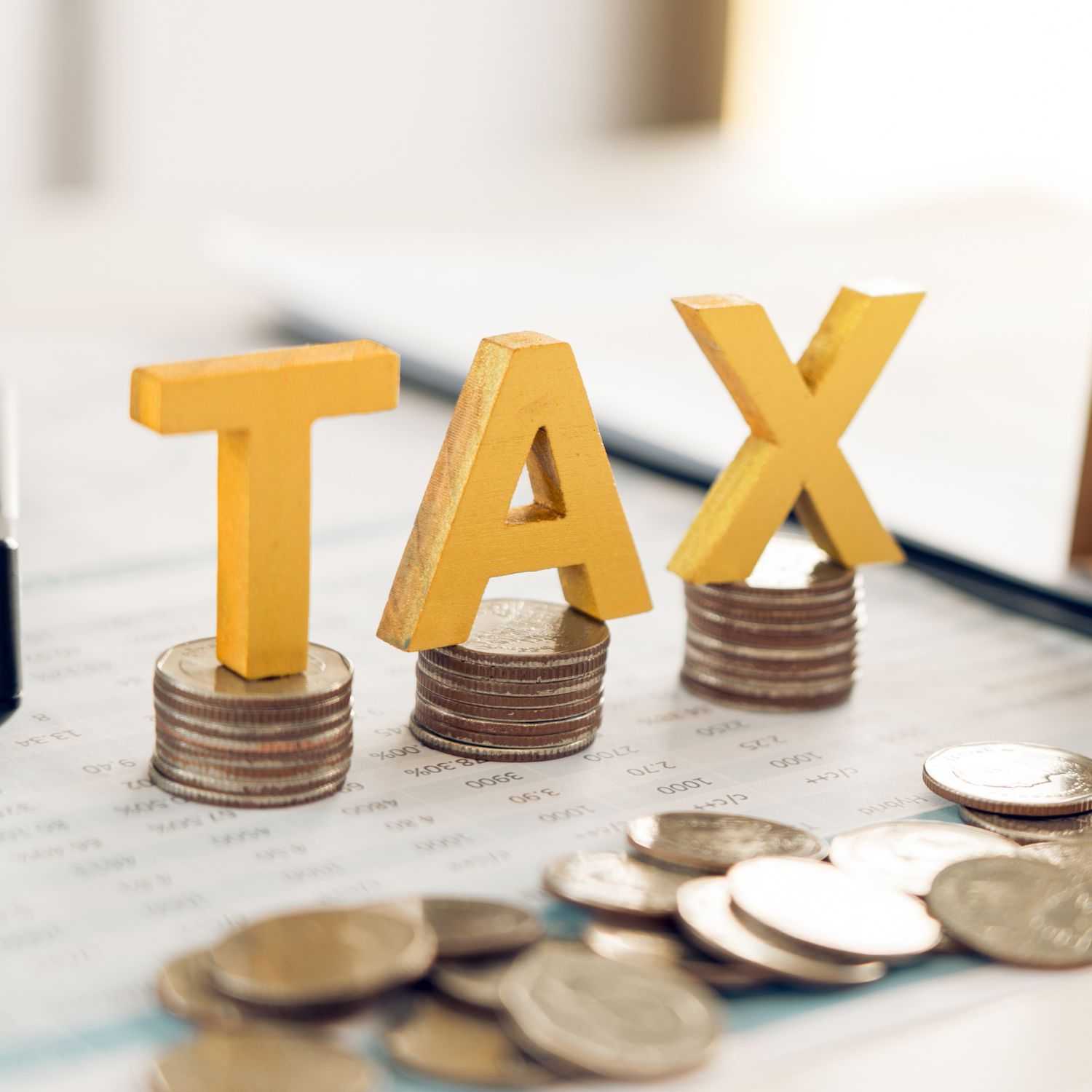Share
(Article updated May 2025)
Complying with gas safety regulations in the UK is a legal requirement for all properties. Landlords are legally bound to comply if they want to keep operating their rental property.
According to The Health and Safety Executive (HSE), “Landlords have a duty of care to their tenants. This is a legal duty to repair and maintain gas pipework, flues and appliances in a safe condition, to ensure an annual gas safety check on each appliance and flue, and to keep a record of each safety check.”
The introduction of The Gas Safety (Installation and Use) Regulations 1988 in October 1998 provides a comprehensive guide to ensuring all gas appliances, fittings, flues and pipework are safe. It details how landlords should conduct annual gas safety checks, install carbon monoxide alarms, distribute the gas safety certificate and maintain the health and safety standards of their rental properties.
In this article, you’ll learn more about the gas safety regulations and what you can do to comply. You’ll get answers to common questions that’ll help you meet the gas safety standards, like what happens during the annual checks, what to do with the safety certificate and what will happen when landlords don’t comply.
How Can Landlords Comply With Gas Safety Regulations?
Complying with the Gas Safety (Installation and Use) Regulations 1988 involves 3 core areas.
- Scheduling annual gas checks to be done by a Gas Safe registered engineer (anyone other than them is considered illegal) – preferably before the expiry date of the current certificate.
- Ensuring the safety and good condition of gas appliances, flues, fittings and even natural gas pipework.
- Maintaining the gas safety record of properties and providing a valid gas safety certificate to tenants promptly.
The landlord is also responsible for providing tenants with a gas safety information booklet so they’ll know what to do in times of emergency.
Whether you’re renting a flat or you have a portfolio of rental properties, you’re expected to comply with these rules to ensure the health and safety of tenants. It’ll also protect your rental property from gas-related dangers. Failing to comply would mean hefty fines and legal implications.
What Happens In An Annual Gas Safety Check?
Annual gas safety checks should be done before the expiry date of the current gas safety certificate. Landlords are allowed to conduct the check 2 months before the expiration. The early inspection is encouraged so there’s enough time to look for a Gas Safe registered engineer and, if any, comply with repairs or replacements.
The annual gas safety check will cover:
- The assessment of all gas appliances and flues that are available in the rental property for the tenant to use.
- The visual inspection of all available gas appliances, fittings, etc. The pipeworks installed are not automatically included, but it can be specified so the registered engineer can check it.
- The testing of the gas supply systems to ensure they’re working safely.
In case the tenant added their personal gas appliances, they will be responsible for their safety. However, the landlord can discuss having these checked during the annual gas safety inspection.
Carbon monoxide alarms are required in every room, specifically those with fuel appliances. While it’s not legally required gas appliances, some landlords choose to install these alarms as an added precaution.
When Should Landlords Issue A Gas Safety Certificate?
Once the annual gas safety check is completed, the Gas Safe registered engineer will provide the landlord a certificate to prove its completion. Also known as the Gas Safety Record, this certificate should be kept for record purposes and sent to the tenant for their information.
The gas safety certificate should be:
- Given to the current tenants within 28 days after the landlord receives it from the registered engineer.
- Provided to new tenants before moving in.
- Filed and kept for at least two years.
The latest gas safety certificate should also be displayed in short-term rental properties (or properties with frequent turnovers) so guests can see it during their stay.
Are There Maintenance Requirements Between Safety Checks?
While the annual checks are mandatory, landlords can still take the safety measures one step further. If there are gas appliances and fittings, make sure manufacturer recommendations are being followed, especially when it comes to servicing them. Keeping up with the services will extend the life of the appliance and improve its condition and safety.
In case the tenant reports something about the gas supply or any of the appliances, landlords are required to act on it promptly. A professional should be called to fix issues, so health and safety risks and property damage can be avoided.
Are Carbon Monoxide Alarms Required in Rental Properties?
The Smoke and Carbon Monoxide Alarm Regulations require landlords to install carbon monoxide alarms in rooms with fuel-burning appliances, not including boilers and heaters using natural gas.
Since carbon monoxide is odourless and dangerous, landlords should comply to ensure that tenants are safe. It should also be tested before a new tenancy starts and the landlord is required to promptly repair or replace them when proven faulty.
What Are The Penalties of Non-Compliance with Gas Safety Laws?
Gas safety regulations require complete compliance, otherwise, it will lead to significant consequences for landlords. A gas leak can lead to fatalities and complete property damage, so compliance is a must. Among the consequences of non-compliance are:
- Legal prosecution and hefty fines, as stated under The Gas Safety (Installation and Use) Regulations 1988
- Invalidation of the property insurance
- Inability to serve a Section 21 notice (if a copy of the gas safety certificate isn’t provided)
- Compensation claims and maybe even imprisonment in the event of a gas leak or health risk to tenants
The penalties and consequences could be severe, so it’s best to ensure everything is checked and the safety certificates aren’t expired.
What Areas Are Covered By The Gas Safety Laws?
The Gas Safety Laws cover rental properties across the UK. Other areas, like Northern Ireland, are covered by different laws.
Make sure you consult the local laws where your rental property is located so you can determine the gas safety installation rules you have to follow. Full compliance will not just keep you from hefty fines or legal issues. It can also compromise your property and the safety of your tenants or guests.
Stay Safe and Compliant to Let With Confidence
Staying on top of the Gas Safety Regulations is part of a landlord’s responsibility. Make sure you’re updated on all the inspections and certificates that you need to arrange and have in your property.
While this may seem like a time-consuming task, you can always partner with a property management company to help you stay compliant. Companies like City Relay can help with the rental operations, housekeeping and maintenance services and pricing strategies.
Contact us now so we can discuss how to make your rental properties completely compliant with the property rules and regulations in London.













